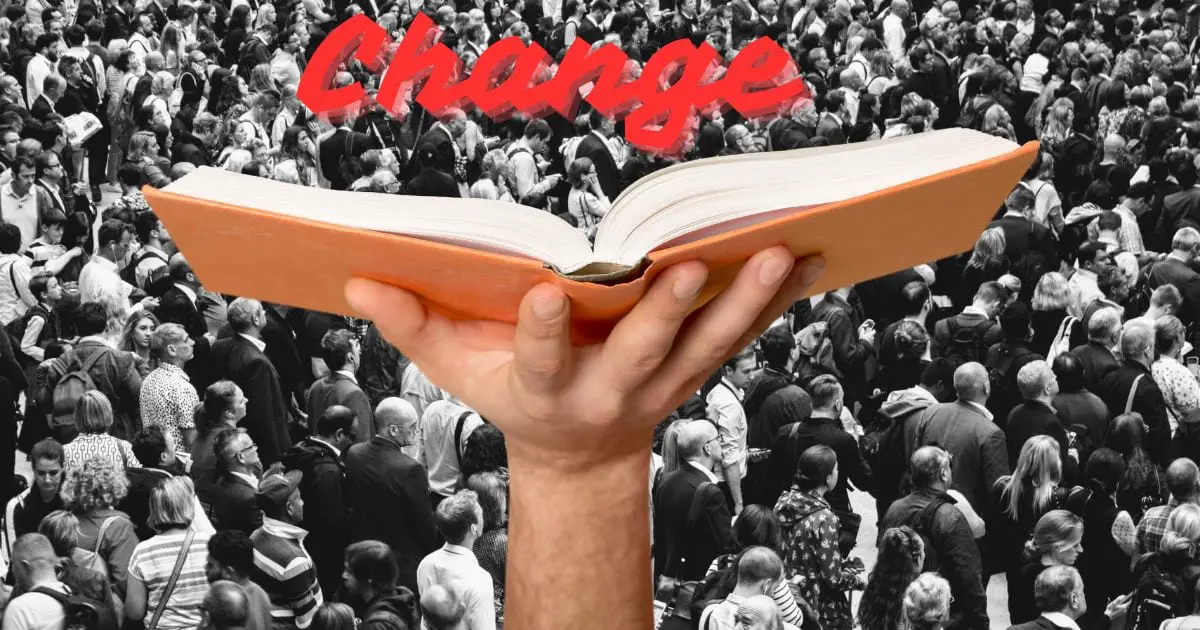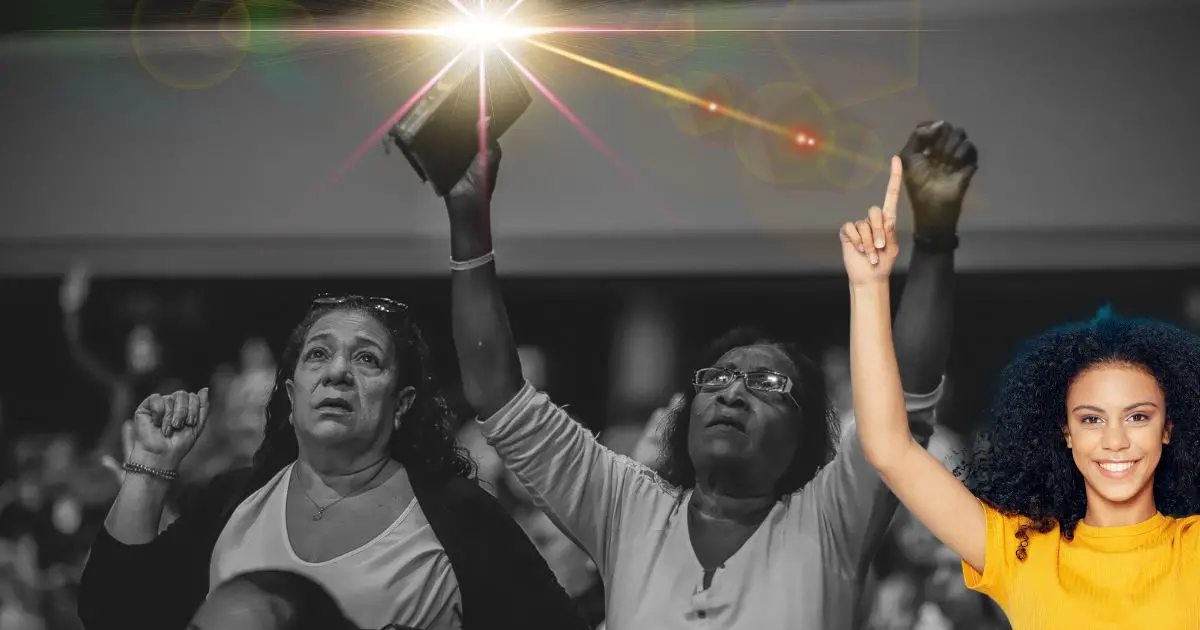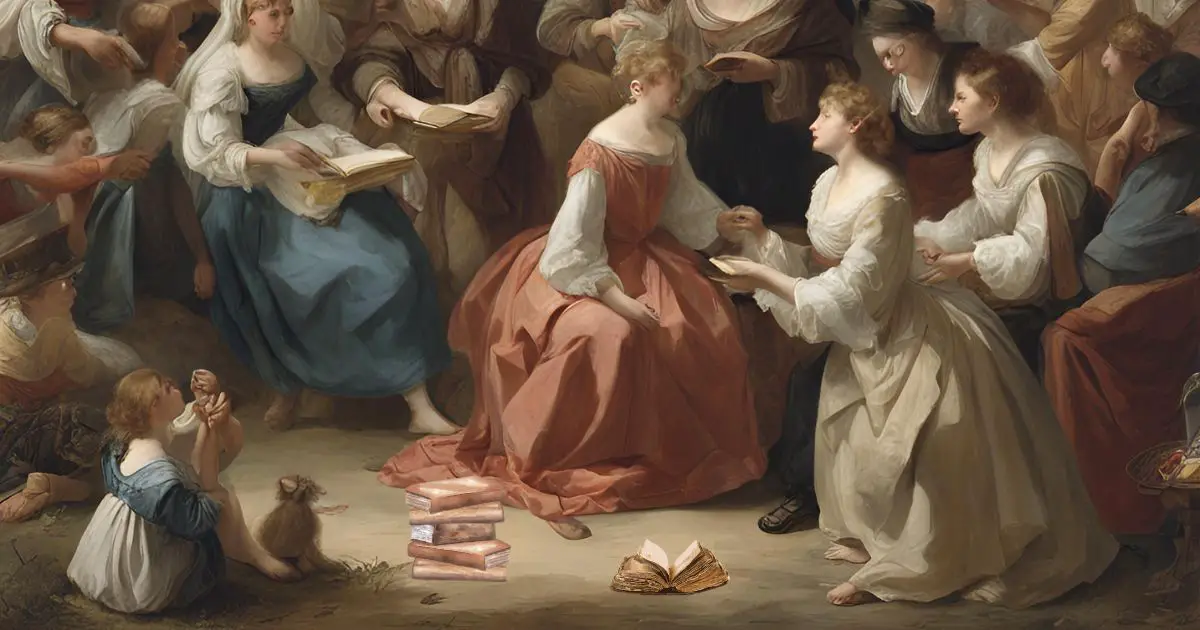In many social movements throughout history, literature has acted as a means of resistance, strength, and societal alteration. Literature in its different forms such as novels or poetry can motivate people to fight against unfairness, encourage them to push for equality, and inspire efforts towards creating a more improved society.
1. Historical Perspective with Literature as Resistance

Literature as a Catalyst for Change
In the past, literature has played a significant role in bringing about social change. It has given voice to the underrepresented and illuminated societal unfairness. For example, “Uncle Tom’s Cabin” by Harriet Beecher Stowe boosted anti-slavery feelings during the 19th century while “The Jungle” written by Upton Sinclair revealed terrible conditions within the meatpacking industry.
Empowering Marginalized Voices
In literature, we see a place where voices that were pushed to the side can find recognition. Writers who come from different backgrounds use their work to question the stories that are commonly accepted and fight for equal rights. Like, in Harlem Renaissance the poetry of Langston Hughes and novels by Zora Neale Hurston gave focus to African Americans’ experiences, creating an awareness of identity and honor within their community.
Documenting Social Movements
Books, as historical artifacts, are very crucial for capturing the spirit and influence of social movements. The memoirs, diaries, and novels act like time capsules that hold initial descriptions of activism and resistance.
These literary works preserve the stories of people who fought for change in a way only they can tell. They show us what life was like during those times and how they struggled against injustice or inequality, knowledge not found elsewhere but through their eyes alone. Books have a dual role: to educate those who come after us about past fights while also encouraging them to keep fighting until justice prevails again
2. Literature as a Tool for Empowerment

Fostering Empathy and Understanding
Literature can inspire empathy and comprehension, as it permits readers to put themselves in other people’s situations. When one engages with various viewpoints and lives, one may gain a more profound empathy for the battles of oppressed groups. This identification is crucial in promoting unity and inspiring group efforts.
Inspiring Critical Thinking
Books are good for people to think deeply and ponder. They make readers ask questions about power systems and common social rules. Literature has stories that provoke thoughts, with characters who have many layers. This pushes readers to face their prejudices and expectations. Such thoughtful involvement is crucial in creating societal consciousness and driving significant progress.
Cultivating Resilience and Hope
In hard times, literature can bring comfort and motivation, reminding people about their power to endure and bounce back. Stories about conquering troubles or showing toughness while dealing with unfairness give hope and support to those experiencing similar difficulties. Literature can inspire individuals by telling tales of bravery and persistence, encouraging them to continue in their battles for fairness.
3. The Power of Storytelling in Social Movements

Creating Cultural Shifts
Stories can influence culture and confront predominant ideologies. When writers present narratives that mirror varied experiences and viewpoints, it disassembles stereotypes while encouraging inclusivity. The power of storytelling allows social movements to alter cultural narratives, preparing the ground for substantial social transformation.
Mobilizing Communities
Stories can bring people together and motivate them to work collectively. When we share tales about opposing forces and strengths, literature has the potential to encourage individuals to join efforts toward shared ambition. Reading poetry, participating in book clubs, or organizing movements from the base community are all ways that literature can be used as a strong force for unity and action in a society.
Sustaining Momentum
Literature is also a way to keep the embers of social movements burning, maintaining a lasting push for change. Writing can be an influential tool in preserving history and cultivating ideas during periods of lessened activism. It helps to retain knowledge from past experiences and carry forward aspirations for societal transformation over time.
4. Challenges and Controversies in Using Literature for Social Movements

Appropriation vs. Representation
A difficulty that comes up when employing literature for social movements is handling the delicate boundary between taking over and showing. Even though literature can make stronger the voices of those who are not heard, there is a chance it might use these stories for commercial or political advantage. This could be seen as ‘crafting’ a narrative rather than genuinely representing an experience.
Writers and people involved in activism need to participate in ethical ways of storytelling. This approach give importance to true expression, making sure that communities have power over telling their own stories on their specific conditions.
Censorship and Suppression
Literature, many times, gets censored or put down by those in power who want to keep things the same and quieten opposing opinions. This kind of suppression can appear as bans on books or severe actions from governments against writers who disagree with them. The risk of censorship is a danger to what literature can do within social movements. People and groups must stand up for freedom of speech, fighting back against attempts to censor or suppress literature that questions power systems and supports changes in society.
5. The Future of Literature in Social Movements

Embracing Digital Platforms
With the growth of technology, literature can be seen by more people through digital platforms and social media. Writers and activists can use internet power to share stories, gather communities together, and make marginalized voices stronger. If literature accepts digital platforms, it could become more reachable and influential in pushing social change.
Intersectionality and Inclusivity
The coming time for literature in social movements is to understand intersectionality and inclusiveness. This means recognizing how different social justice problems are linked together, giving more space to various voices and experiences. If we put the focus on voices from communities that have less power (marginalized), and include more types of perspectives, literature can become a stronger way to question system-based unfairness and fight for real transformations.
Conclusion
To wrap it all up, literature is a strong element in social movements that can bring about transformation, strength, and opposition. It has deep historical importance, helps to give power to the voices of those who are left out or oppressed, and shapes our cultural stories.
When literature keeps playing its role as an agent for empathy, thoughtful examination, and group participation regardless of the difficulties it faces with appropriation, censorship, or changes brought by digital world development. By welcoming intersectionality, inclusiveness, and ethical methods of storytelling, literature will persist as a crucial force in promoting justice, fairness, and beneficial shifts within society throughout the coming years.





